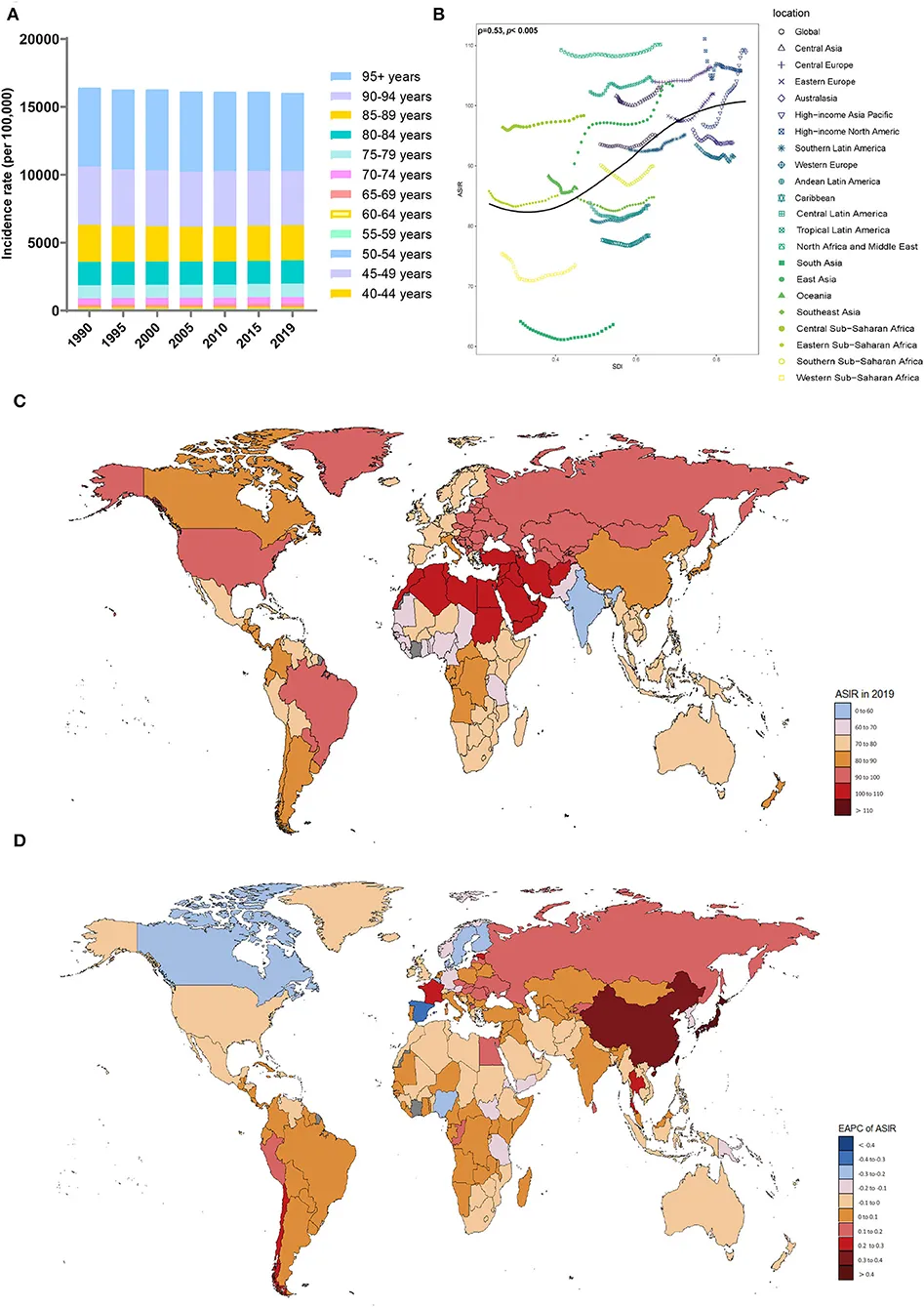Dementia is a debilitating condition that affects millions of people worldwide. It is a syndrome characterized by a decline in memory, thinking, behavior, and the ability to perform everyday activities. As the global population ages, the prevalence of dementia is expected to rise significantly in the coming years.
According to the World Health Organization (WHO), dementia is a major public health concern, with an estimated 50 million people living with the condition worldwide. This number is expected to triple by 2050. While dementia is a global issue, certain countries have higher rates of the condition than others. Here, we take a closer look at the data to identify which countries have the highest rates of dementia.
1. Japan
Japan has one of the highest rates of dementia in the world. According to a study published in the journal Lancet Neurology, the prevalence of dementia in Japan is estimated to be around 15.2%, significantly higher than the global average of 5-7%. This is due in part to Japan’s rapidly aging population, with a large proportion of elderly individuals at risk of developing dementia.
2. Finland
Finland also has a high prevalence of dementia, with an estimated 14.1% of the population over the age of 65 living with the condition. Finland has a well-developed healthcare system that provides excellent care for individuals with dementia, but the high prevalence of the condition remains a significant public health concern.
3. France
France is another country with a high rate of dementia, with an estimated prevalence of 13.4% among individuals over the age of 65. Like Japan and Finland, France has an aging population, which contributes to the high rates of dementia in the country.
4. United States
In the United States, an estimated 5.8 million people are living with dementia, making it one of the countries with the highest number of dementia cases. The prevalence of the condition is expected to increase further as the population ages, highlighting the need for improved healthcare services and support for individuals with dementia.
5. United Kingdom
The United Kingdom also has a significant prevalence of dementia, with an estimated 850,000 people living with the condition. The UK government has implemented a national dementia strategy to improve care and support for individuals with dementia, but the high prevalence of the condition remains a major public health challenge.
In conclusion, dementia is a global public health concern that affects millions of people worldwide. While certain countries have higher rates of dementia than others, the condition is prevalent in all regions of the world. As the global population ages, the prevalence of dementia is expected to rise significantly, highlighting the need for improved healthcare services, research, and support for individuals living with the condition. By raising awareness and investing in dementia care, we can work towards improving the quality of life for individuals affected by this debilitating condition.
